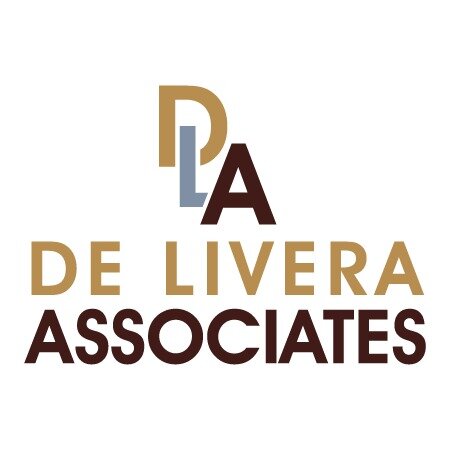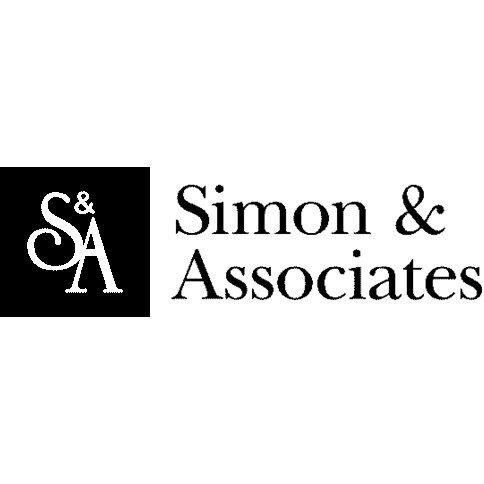Best Financial Services Regulation Lawyers in Sri Lanka
Share your needs with us, get contacted by law firms.
Free. Takes 2 min.
Or refine your search by selecting a city:
List of the best lawyers in Sri Lanka
About Financial Services Regulation Law in Sri Lanka
Financial Services Regulation in Sri Lanka oversees the activities of financial institutions, ensuring that they operate within the legal frameworks and uphold financial stability. The Central Bank of Sri Lanka (CBSL) plays a vital role in formulating monetary policy and regulating banks. Other regulatory bodies like the Securities and Exchange Commission (SEC) and the Insurance Regulatory Commission also contribute to maintaining the integrity of financial markets and protecting consumers.
Why You May Need a Lawyer
Engaging a lawyer specialized in Financial Services Regulation can be crucial in various scenarios. Whether you're setting up a new financial institution, facing compliance issues, undergoing audits, or involved in a financial dispute, a lawyer can help navigate complex regulations. Understanding regulatory requirements for anti-money laundering or resolving conflicts with financial service providers are other instances where expert legal advice is invaluable.
Local Laws Overview
Several key local laws govern Financial Services Regulation in Sri Lanka. The Banking Act, Financial Transactions Reporting Act, and Securities and Exchange Commission Act are central to this regulatory space. These laws ensure the soundness of financial institutions, enforce anti-money laundering protocols, and uphold fair trading practices in securities markets. Compliance with these regulations is essential for all financial entities to operate legally and ethically within Sri Lanka.
Frequently Asked Questions
What is the role of the Central Bank of Sri Lanka?
The Central Bank of Sri Lanka is responsible for monetary policy, financial system stability, and the regulation of banking activities. It ensures that banks operate safely and comply with financial laws.
How are securities regulated in Sri Lanka?
The Securities and Exchange Commission (SEC) of Sri Lanka regulates securities markets, ensuring transparency and protecting investors from unfair trading practices.
What are the penalties for non-compliance with financial laws?
Penalties for non-compliance can include fines, suspension of licenses, and in severe cases, criminal charges against responsible individuals or entities.
What should financial institutions do to comply with anti-money laundering laws?
Institutions must implement robust internal policies, conduct due diligence, report suspicious transactions, and ensure employee training on anti-money laundering regulations.
Who regulates insurance companies in Sri Lanka?
The Insurance Regulatory Commission of Sri Lanka is tasked with supervising and regulating the insurance industry to ensure consumer protection and industry fairness.
How does one obtain a financial services license?
Obtaining a financial services license involves applying to the respective regulatory body, complying with statutory requirements, and submitting documentation for review and approval.
Can individuals file complaints against financial service providers?
Yes, individuals can file complaints with the respective regulatory body, such as the CBSL, SEC, or Insurance Regulatory Commission, if they have grievances against financial service providers.
What are the consumer protection laws in financial services?
Consumer protection laws in Sri Lanka ensure that consumers receive fair treatment, clear information, and recourse in case of grievances with financial service providers.
Are there specific regulations for digital banking services?
Yes, digital banking services are regulated under existing banking laws, with specific guidelines ensuring secure and efficient online transactions to protect consumer interests.
How do financial regulations impact foreign investment in Sri Lanka?
Financial regulations ensure a stable and predictable environment, which can positively influence foreign investors by providing protection and clear operating guidelines.
Additional Resources
For more information, consult the Central Bank of Sri Lanka, Securities and Exchange Commission of Sri Lanka, and the Insurance Regulatory Commission. These bodies offer guidelines, reports, and resources pertinent to the financial services sector.
Next Steps
If you need legal assistance, consider consulting with a lawyer who specializes in Financial Services Regulation. Ensure they have ample experience and knowledge of local laws. You can reach out to legal associations or law firms with a financial regulation focus to find qualified professionals. Prepare all relevant documentation and a clear outline of your situation for an efficient consultation process.
Lawzana helps you find the best lawyers and law firms in Sri Lanka through a curated and pre-screened list of qualified legal professionals. Our platform offers rankings and detailed profiles of attorneys and law firms, allowing you to compare based on practice areas, including Financial Services Regulation, experience, and client feedback.
Each profile includes a description of the firm's areas of practice, client reviews, team members and partners, year of establishment, spoken languages, office locations, contact information, social media presence, and any published articles or resources. Most firms on our platform speak English and are experienced in both local and international legal matters.
Get a quote from top-rated law firms in Sri Lanka — quickly, securely, and without unnecessary hassle.
Disclaimer:
The information provided on this page is for general informational purposes only and does not constitute legal advice. While we strive to ensure the accuracy and relevance of the content, legal information may change over time, and interpretations of the law can vary. You should always consult with a qualified legal professional for advice specific to your situation.
We disclaim all liability for actions taken or not taken based on the content of this page. If you believe any information is incorrect or outdated, please contact us, and we will review and update it where appropriate.
Browse financial services regulation law firms by city in Sri Lanka
Refine your search by selecting a city.

















